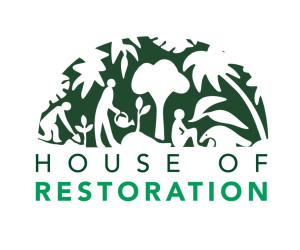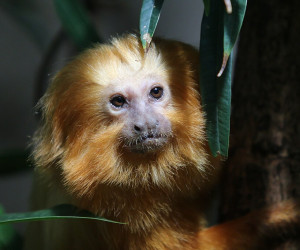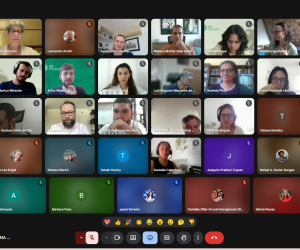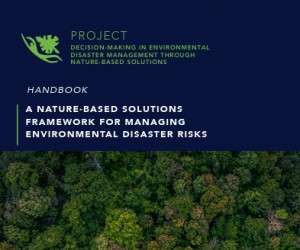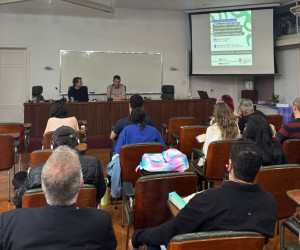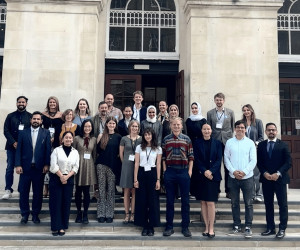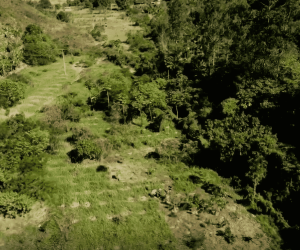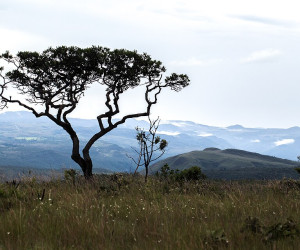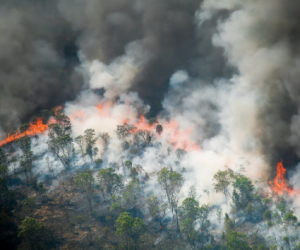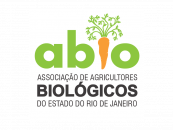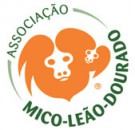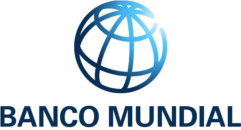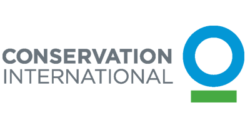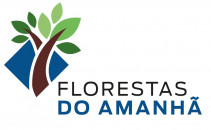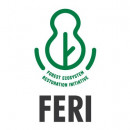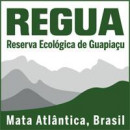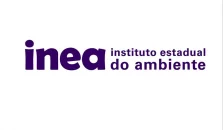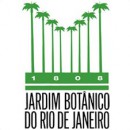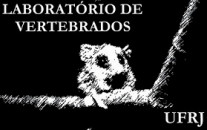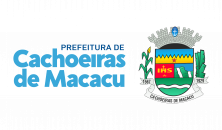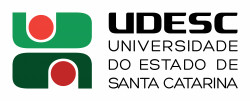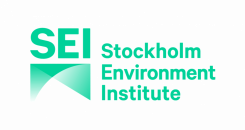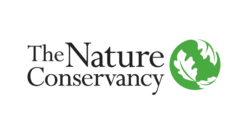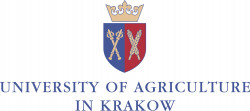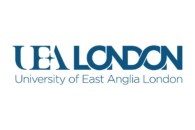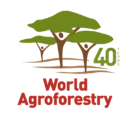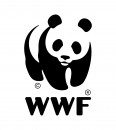About IIS
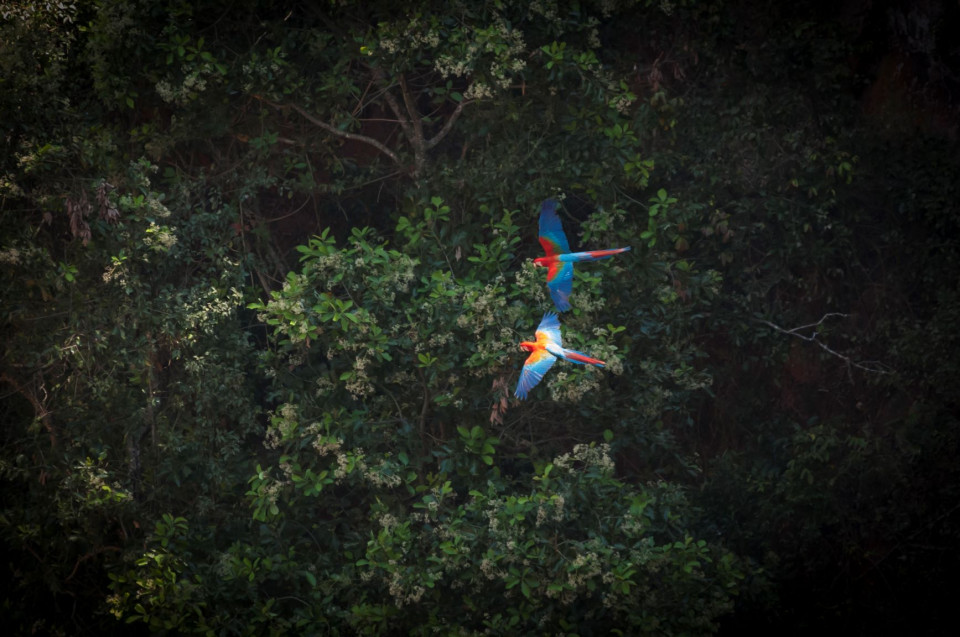
The International Institute for Sustainability (IIS) works to promote positive impact on public policy, business models and decision-making processes across governments, companies, multilateral organisations and civil society.
We are a private, non-profit organisation whose mission is to develop transformative, science-based solutions for a sustainable world.
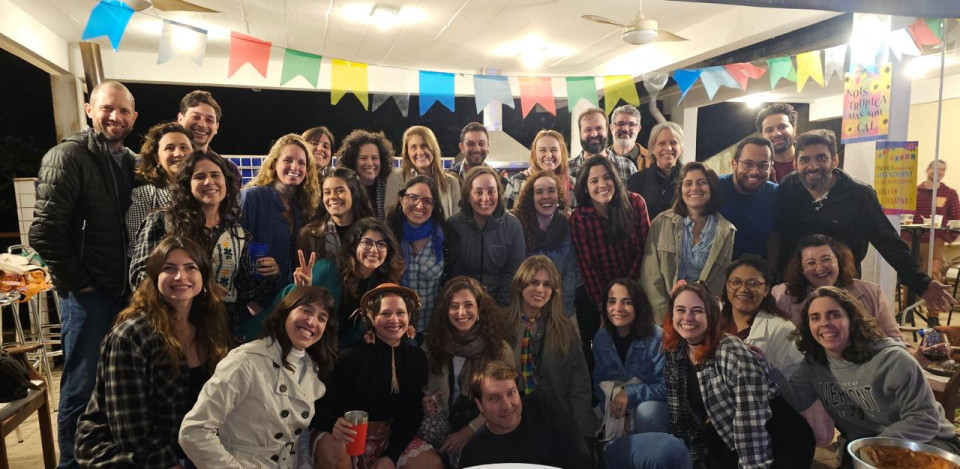
We differentiate ourselves by having a highly qualified team, working nationally and internationally with an extensive network of partners, and democratising access to Science in solutions that generate public goods.
Our values are:
Excellence
As a science-based organisation, we value continuous learning, training and professional development for our team. We are committed to delivering the highest quality in our work.
Innovation
We drive scientific and technological innovation to create transformative solutions for sustainability. We pioneer new approaches that bridge cutting-edge science and real-world impact.
Collaboration
We believe that complex problems can only be solved through cooperation and transdisciplinarity. That is why all our solutions are developed collaboratively.
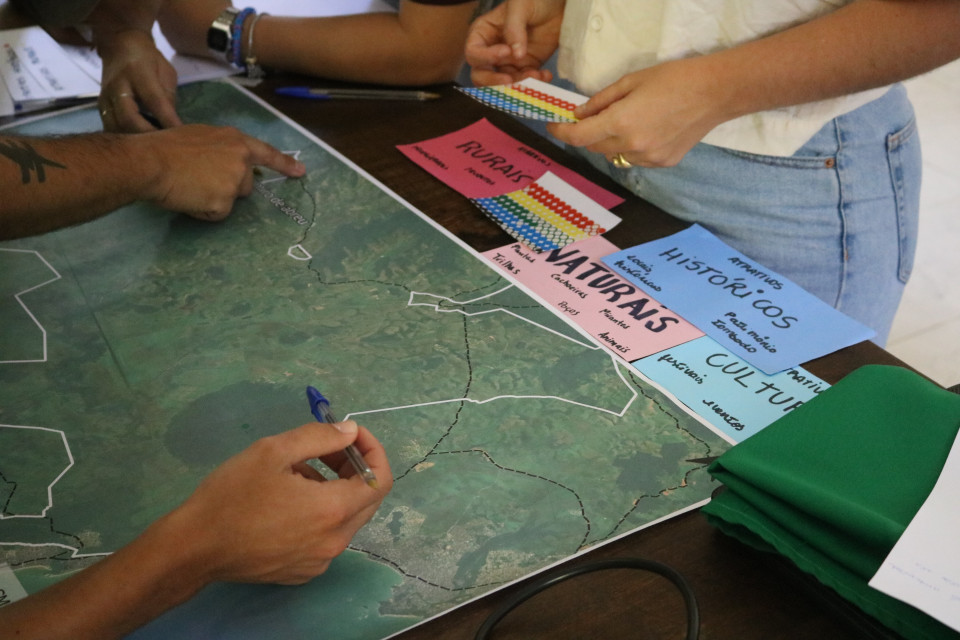
Commitment
We are driven by the purpose of developing practical solutions to sustainable development challenges.
Independence
We are not affiliated with any institution, political party or individual, ensuring full freedom of thought, expression and work.
Flexibility
We adapt our solutions to the needs of our partners and remain flexible in how we work and collaborate.
Plurality
We recognise that the science we practice is enriched by multiple forms of knowledge — technical-scientific, empirical, traditional, and local — and we strive to integrate them to generate transformative solutions with real impact.
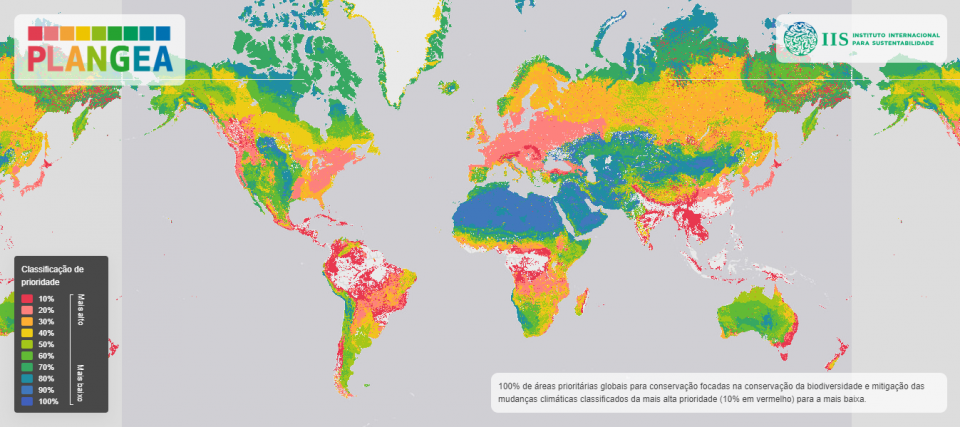
To develop transformative solutions for a sustainable world, we provide the following services:
Spatial Intelligence for Nature Conservation and Restoration
We develop spatial methods and models that indicate priorities for action, considering different criteria such as carbon sequestration potential, biodiversity conservation, its contribution to people's lives, and economic costs.
Modeling and Valuation of Natural Capital
We work with ecosystem services modeling and environmental valuation in different contexts, such as proposing Nature-Based Solutions for climate change mitigation and adaptation, defining indicators for measuring and monitoring biodiversity, and formulating/evaluating net-zero and nature-positive strategies.
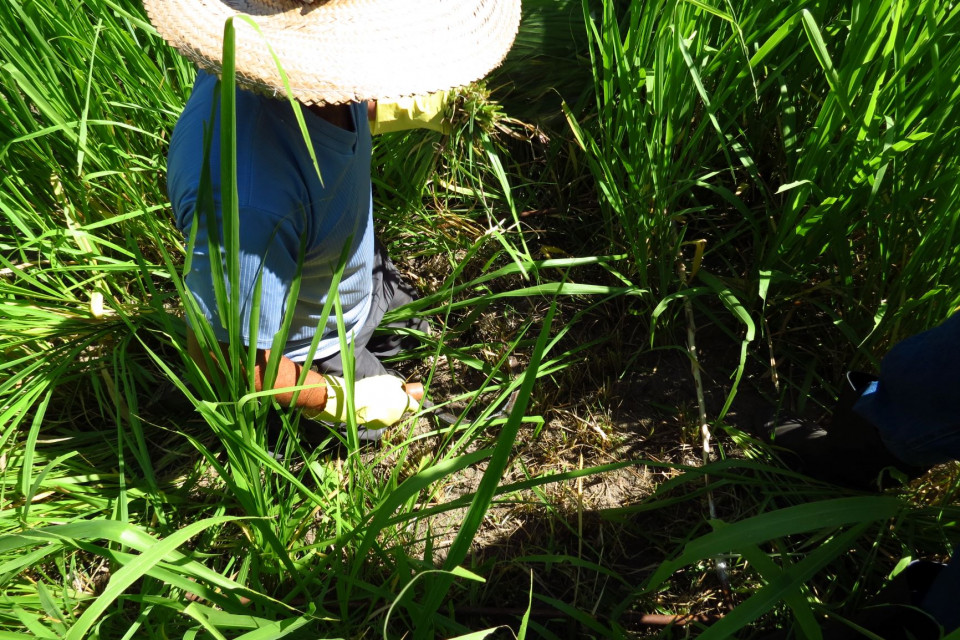
Sustainable Soil Management
We generate solutions based on Soil Sciences, such as the use of biochar, to optimize land use and enhance agricultural and ecosystem restoration benefits. We translate this knowledge in support of a circular and low-carbon economy.
Value Chains of Socio-biodiversity
We work on the development of production systems and sustainable use of biodiversity, solutions for payment for environmental services, and other arrangements aimed at income generation, focusing on bioeconomy and socio-biodiversity value chains.
Field Implementation of Solutions
We implement and refine actions for integrated management of rural properties and landscapes, including nature conservation and restoration projects. We support and collaborate with local partners and extensionists in training and environmental education actions.

Land Use Modeling
We create spatially explicit models to understand and predict how territories can be used. We analyse agricultural patterns, urbanization, nature conservation, and other activities. These models assist in decision-making for urban planning, environmental management, and sustainable development at different scales.
Support for the Development and Improvement of Public Policies
We work directly with governments, from local to international scale, and businesses in providing technical and organizational support for policy development. We conduct analyses of the policy cycle, generate supportive studies for decision-making, carry out mapping and engagement of stakeholders.
We are part of the Global Challenges Research Fund's Trade and Environment Center,
funded by the Global Challenges Research Fund (GCRF) of the UK Research and Innovation Agency (UKRI) and led by the UN's World Conservation Monitoring Center Environment (WCMC).
We are part of the Naturemap Earth Initiative
alongside the International Institute for Applied Systems Analysis (IIASA), the United Nations Sustainable Development Solutions Network (SDSN), and the United Nations Environment Programme World Conservation Monitoring Centre (UNEP-WCMC), with financial support from the Norway International Climate Initiative (NICFI)
We participate in and provide support to
the United Nations Convention on Biological Diversity (CBD) and Climate Change (UNFCCC)

